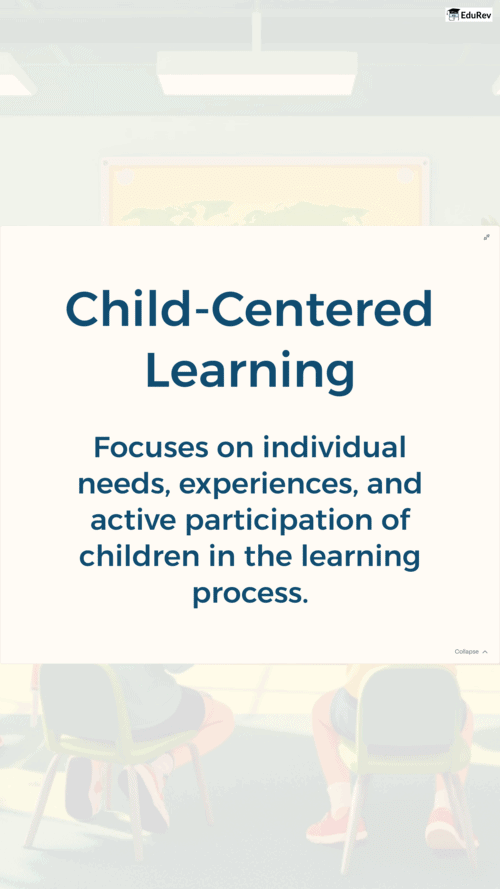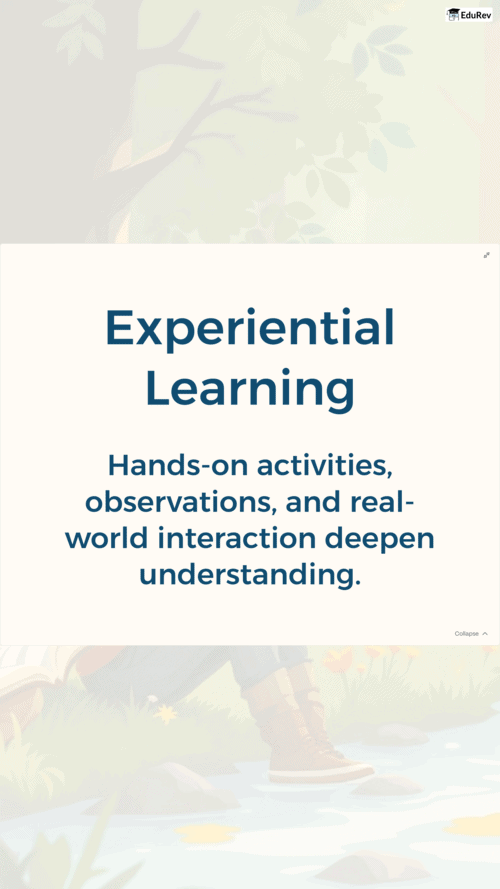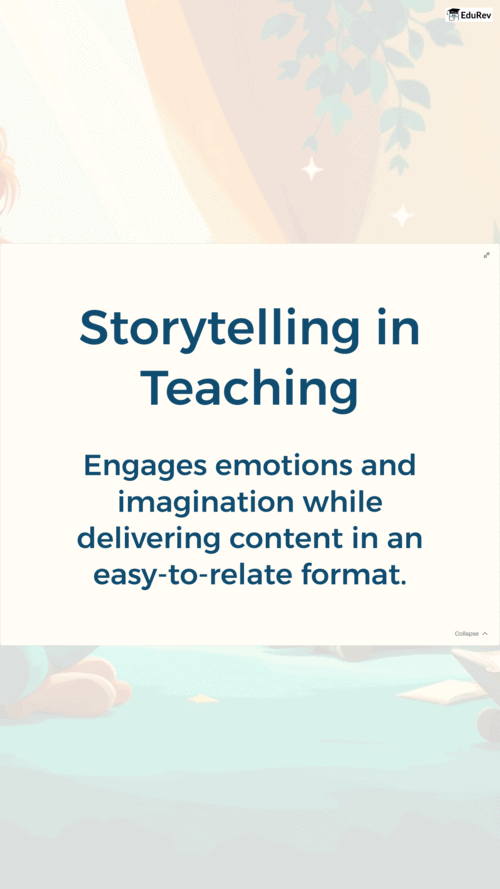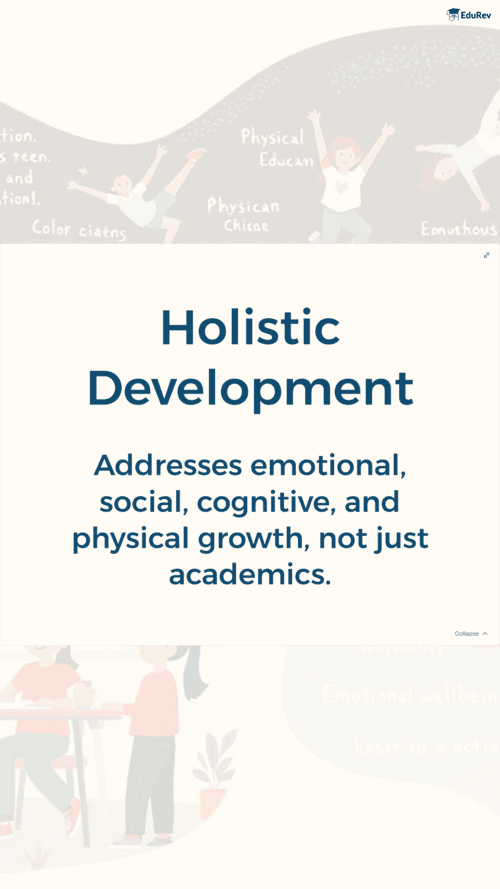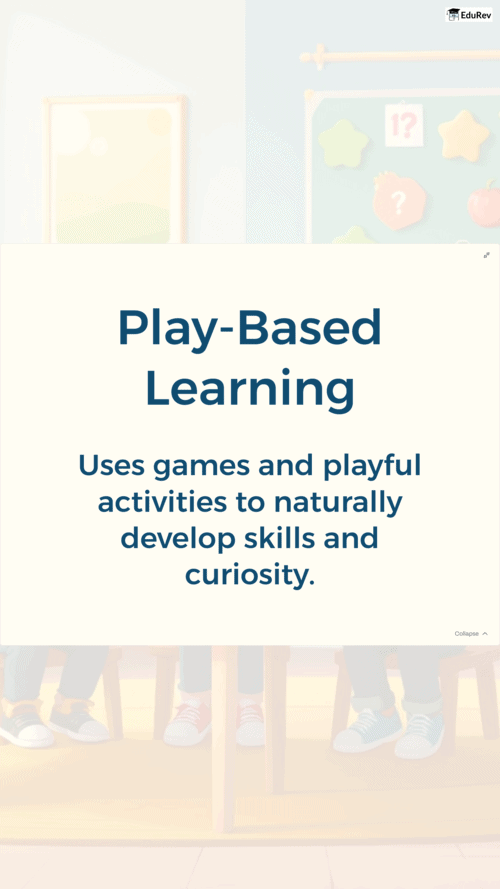 Unlock all Flashcards with EduRev Infinity Plan Starting from @ ₹99 only
|
CTET & State TET Exam > Child Development and Pedagogy for CTET Preparation > Flashcards: Principles of Child Development
|
67 videos|154 docs|41 tests
|
FAQs on Flashcards: Principles of Child Development Flashcard - Child Development and Pedagogy for CTET Preparation - CTET & State TET
| 1. What are the key stages of child development? |  |
Ans. The key stages of child development typically include:
1. <b>Prenatal Stage</b> (conception to birth) - Development occurs in the womb.
2. <b>Infancy</b> (0-2 years) - Rapid physical and cognitive growth; attachment formation.
3. <b>Early Childhood</b> (2-6 years) - Development of motor skills, language, and social interaction.
4. <b>Middle Childhood</b> (6-12 years) - Improvements in logical thinking, emotional regulation, and peer relationships.
5. <b>Adolescence</b> (12-18 years) - Identity formation, increased independence, and cognitive maturity.
| 2. How do genetics and environment influence child development? |  |
Ans. Genetics provide the biological foundation for development, influencing traits such as temperament and physical characteristics. However, environmental factors such as parenting styles, socio-economic status, education, and cultural context play a crucial role in shaping a child's development. The interaction between genetics and environment is complex; for instance, a supportive environment can help a child overcome genetic predispositions to certain challenges.
| 3. What role does play have in child development? |  |
Ans. Play is essential for child development as it promotes cognitive, social, and emotional growth. Through play, children explore their environment, learn problem-solving skills, develop creativity, and enhance their ability to work with others. It also helps in building language skills and understanding social norms. Different types of play, including imaginative play, physical play, and structured games, contribute to various aspects of development.
| 4. What are some common developmental milestones for children? |  |
Ans. Developmental milestones vary by age but generally include:
- <b>By 1 year</b>: Crawling, standing with support, saying simple words.
- <b>By 2 years</b>: Walking independently, beginning to form two-word phrases, and showing more independence.
- <b>By 3 years</b>: Climbing well, playing with other children, and speaking in short sentences.
- <b>By 5 years</b>: Developing fine motor skills for writing and drawing, understanding the concept of time, and forming friendships.
| 5. How can parents support their child's development? |  |
Ans. Parents can support their child's development by providing a nurturing environment, engaging in responsive communication, and encouraging exploration and play. Establishing routines, offering a variety of learning experiences, and fostering emotional security are also important. Additionally, setting appropriate boundaries and encouraging independence help children develop self-regulation and confidence.
Related Searches




